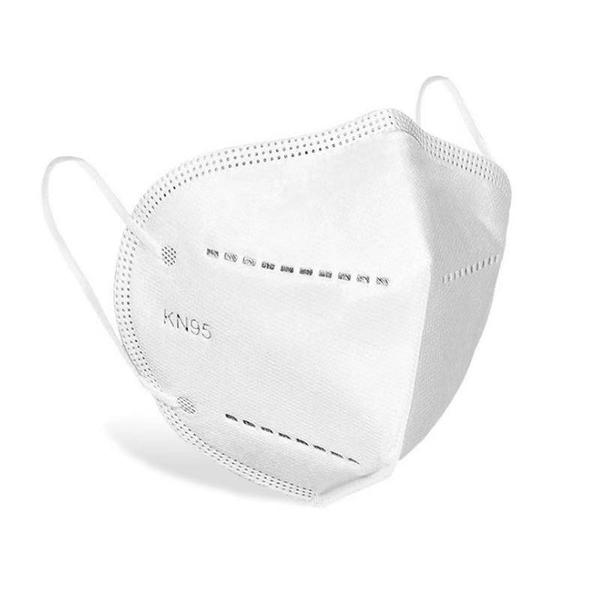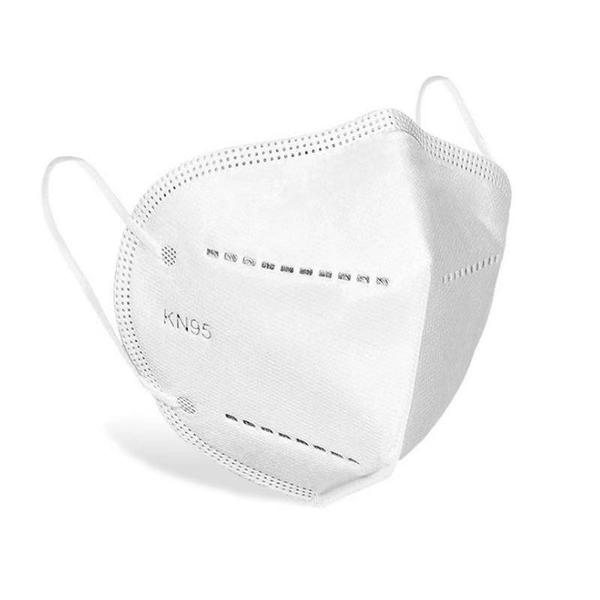Imagine a two-liter of pop. This is about how much sweat a worker could possibly lose per hour when working in extreme heat.
This is why proper worksite hydration is critical. Each year hundreds die and thousands become ill while working in extreme heat or humidity. No one is 100 percent safe. Heat-related illness can affect anyone, regardless of age or physical condition.
When a body is dehydrated, the depletion of fluids cause it to lose the ability to cool itself down. This causes body temperature to rise, which can lead to fatigue, heat stress and even heat stroke. When it’s hot, protect your crews – and abide by workplace law – by staying focused on three things: hydration, rest, and shade.
How Dehydration Works
Dehydration causes excessive loss of water and mineral salts (electrolytes) from the body. Proper hydration helps the body maintain blood volume and control temperature while allowing muscles and cognition to properly function.
The more dehydrated workers become, the more productivity suffers. Being just four percent dehydrated can lower a workers performance anywhere from 25-50 percent. As heart rate and body temperature increase, mental performance decreases. Dehydration even increases accident risk five-fold, since it can impair reaction time to the same degree as having a .08 blood alcohol concentration.
Reach for Electrolyte-Infused Hydration
Electrolytes are vital for proper hydration. Key electrolytes lost through perspiration, including sodium and potassium, must be replaced to maintain healthy levels. The good news is it’s relatively easy to keep dehydration at bay. High-performance worksite hydration drinks like Sqwincher help replenish fluids, regulate body temperature, carry nutrients to vital organs and flush toxins while boosting electrolyte levels.
Thirsty? You’re already dehydrated. Here are other symptoms:
Dehydration Protection Guide
| Heat Index | Risk Index | Protective Measures |
|---|---|---|
| Less than 91°F | Lower |
|
| 91°F to 103°F | Moderate |
|
| 103°F to 115°F | High |
|
| Greater than 115°F | Very High to Extreme |
|
SOURCE: OSHA


| Vente & Service: (877) 747-7117 Siège Social : (800) 434-7065 |